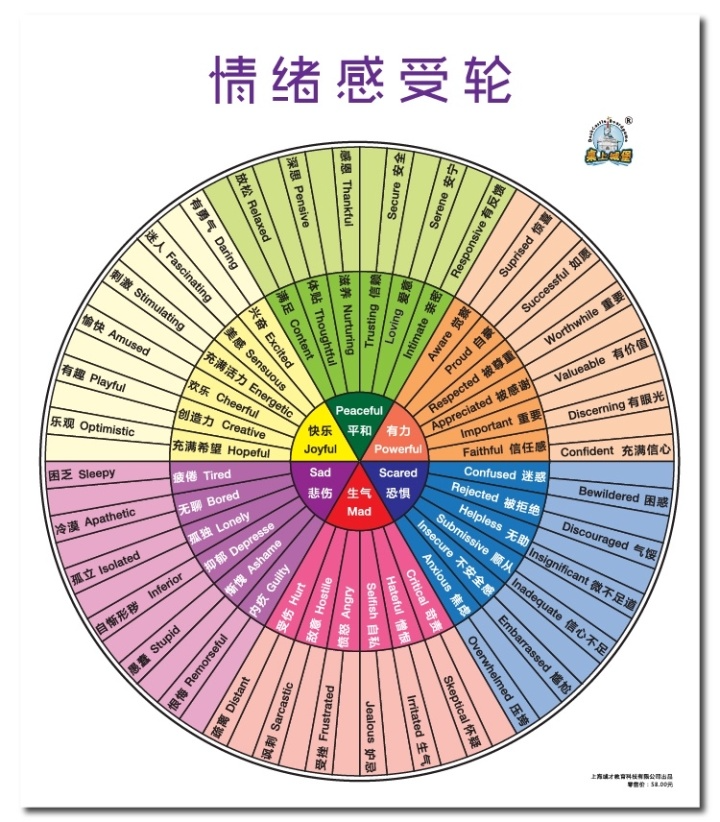Emotional design
Consumers build mental representations of products as soon as they start interacting with them. The sensory information that consumers perceive allows the identification of the product’s functions which contribute to the creation of meaning and an affective connection with the design in the consumer’s mind. Designers rely on emotional design to elicit moods and feelings that allow for creating positive emotional associations and a feeling of trust in the product, and thus improve its usability.
Emotions can be classified according to the level at which users process them. The levels of information processing are: visceral, behavioral, and reflective. The visceral level describes a low processing and basic motor reaction associated with the user’s physical senses, i.e., aesthetics, color. The behavioral level is a midlevel processing that involves memory and learning associated with the product usage, i.e., functionality, usability. The reflective level entails feeling, emotions, and cognition that determine understanding, interpretation, and reasoning. At this level, the product connects with the sense of self and identity.
Several methods have been developed to help designers assess the impact of emotional design on the user’s preference and intention to purchase. These methods include Kansei engineering, PrEmo2, Geneva Emotional Wheel (GEW), as well as more analytical methods such as sentiment analysis, neural networks, and emergent emotions, among others. A brief description of the most important methods follows.
Kansei engineering
This method is used to identify the relevant design elements (color, size, and shape) embedded in a product as determinant of user preference. The method requires the identification of Kansei words. The methods used are think-aloud laddering, Quantification Theory I (QTI), PLS analysis, and Genetic and Fuzzy logic for estimation purposes.
- elicit,v.引出
- aesthetics,a.美学的
- Kansei engineering,感性工程
- PrEmo2,用户体验-产品情感测量工具
- Geneva Emotional Wheel,日内瓦情绪轮


